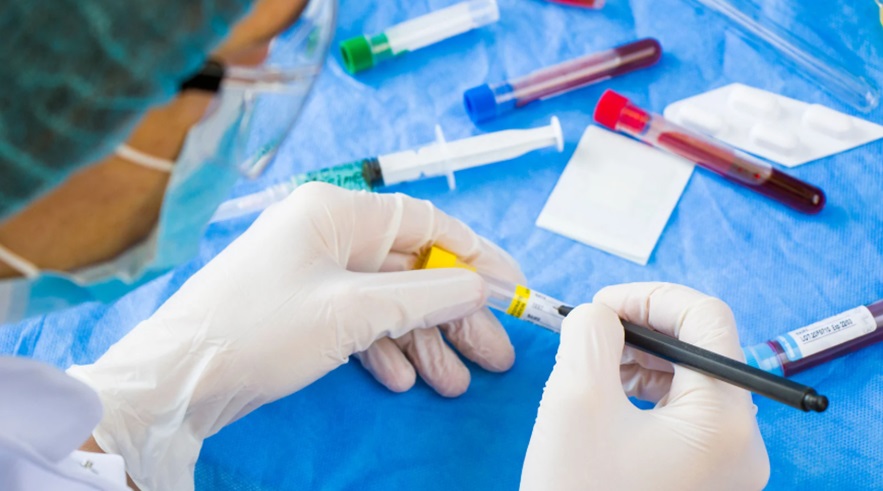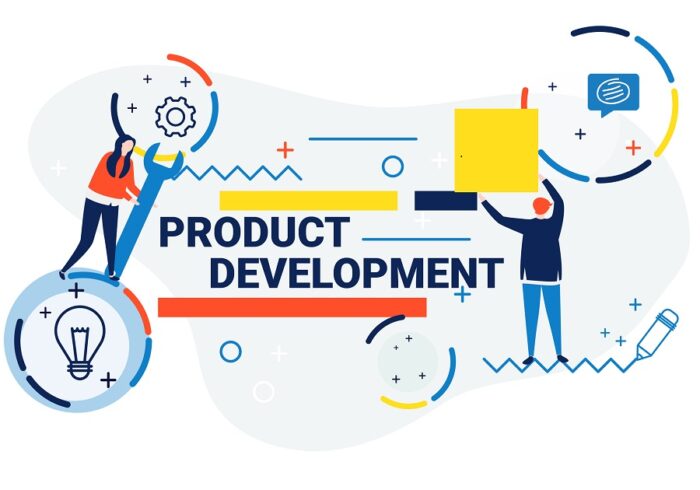Entering the healthcare field can be fulfilling and impactful, especially for those who enjoy helping others. One of the most accessible entry points into healthcare is through a comprehensive Phlebotomy Program in Atlanta. This program equips individuals with the skills and knowledge needed to become certified phlebotomists, a role essential in hospitals, diagnostic labs, and other medical facilities.
With proper training, you’ll gain expertise in blood collection techniques, patient interaction, and laboratory safety, all of which prepare you for a rewarding and in-demand career in healthcare.
Understanding the Role of a Phlebotomist
Phlebotomists play a critical role in the healthcare system by drawing blood samples for medical testing, transfusions, and donations. Accuracy and precision are crucial, as errors in blood collection can affect diagnostic results. Beyond technical skills, phlebotomists are also trained in patient care, ensuring that individuals feel comfortable and informed during the process.
A phlebotomy program prepares students for this role by providing classroom instruction and hands-on clinical experience. These programs cover anatomy, blood collection techniques, infection control, and medical ethics. Graduates are well-prepared to meet certification requirements and excel in various healthcare settings.
Key Skills You’ll Develop in a Phlebotomy Program
Blood Collection Techniques
Mastering venipuncture and capillary puncture are at the core of phlebotomy training. Students practice drawing blood on training devices and actual patients under professional supervision, ensuring they are confident in their skills upon graduation.
Patient Interaction
Phlebotomists are often the first point of contact for patients during medical visits. A phlebotomy program teaches students to communicate, alleviate patient fears, and ensure a comfortable experience. This skill is particularly valuable for working with children, elderly patients, or individuals who fear needles.
Safety and Infection Control
Maintaining hygiene and preventing contamination is critical in healthcare. Programs emphasize proper safety protocols, including sterilization of equipment, use of personal protective gear, and handling of biohazard materials. These practices safeguard both the patient and the healthcare professional.
Professional Certification Preparation
Completing a phlebotomy program hones practical skills and prepares students to take nationally recognized certification exams. Employers often require certification, which adds credibility to a phlebotomist’s qualifications.
Career Opportunities for Phlebotomists
The demand for certified phlebotomists continues to rise as the need for diagnostic testing grows. Graduates of a phlebotomy program can explore opportunities in various healthcare environments, including:
- Hospitals and clinics
- Diagnostic laboratories
- Blood donation centers
- Physician offices
Many individuals also use phlebotomy as a steppingstone toward other healthcare careers, such as nursing, medical assisting, or laboratory technology. This makes phlebotomy an excellent entry point for those looking to advance in the medical field over time.
For more information on phlebotomists’ responsibilities and career prospects, you can refer to this detailed article on phlebotomists, highlighting their essential role in modern healthcare.
Why Choose a Phlebotomy Program?
Phlebotomy programs offer a quick and effective pathway to enter the healthcare workforce. Most programs can be completed within a few months, allowing individuals to transition into employment faster than other healthcare training programs. In addition, the flexibility of day and evening classes accommodates students with different schedules.
Hands-On Clinical Training
Phlebotomy training programs prioritize practical experience. Clinical rotations provide opportunities to work with actual patients, apply theoretical knowledge, and build confidence in a supervised environment. This real-world exposure ensures graduates are ready to perform their duties efficiently and professionally.
Affordable and Accessible Path to Healthcare
Compared to other healthcare training programs, phlebotomy courses are more affordable and require less time. This makes it a practical option for individuals seeking a rewarding career without years of education.
Conclusion
A phlebotomy program offers a solid foundation for a healthcare career. By developing key skills in blood collection, patient care, and safety, graduates are well-prepared to enter a field that is both in demand and personally fulfilling. Whether you aim to become a dedicated phlebotomist or use it as a steppingstone toward further opportunities, this training equips you for success in the healthcare industry.





